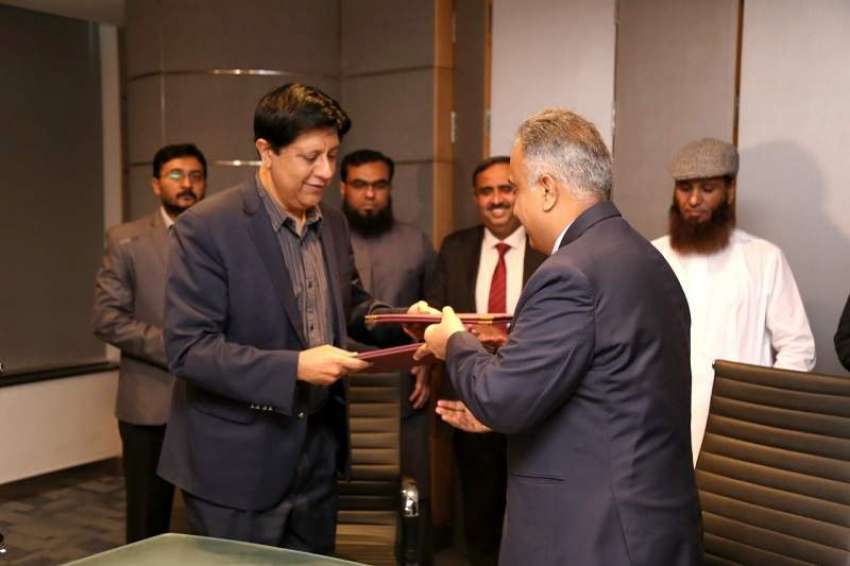To provide technical assistance to the IT department of Balochistan and to recreate all of its flagship projects in the province, Pakistan Punjab Information Technology Board (PITB) and Science and IT Department Balochistan have joined hands to collaborate with each other by signing a Memorandum of Understanding (MoU).
Through this collaboration, PITB will not only provide technical assistance to the IT department of Balochistan but will also replicate all of its flagship projects including e-Khidmat Markaz, e-FOAS, HRIMS and the latest smart system to monitor the progress in the development projects. PITB’s chairman Azfar Manzoor and secretary of Baloch Science and IT Department Tariq Qamar Baloch signed the MoU while representing their respective organizations.
PITB chairman said, “Punjab IT Board is ready to cooperate with Science and IT Department Balochistan in all areas where technology can be implemented to boost up performance and quality”.
Azfar Manzoor further explained about the key projects and amazing performance of PITB in the field of communication and information technology to the delegation from Balochistan. DG e-governance Sajid Latif who was present during the meeting gave a brief presentation and highlighted the PITB’s initiatives, projects and success stories to the Baloch secretary.
Sajid Latif said, “We have accomplished 406 ICT based projects in health, education, agriculture, law and order, and entrepreneurial sector, and successfully implemented and assisted 15 projects in other provinces”.
The Baloch secretary also gave his remarks during the meeting he said, “We must also look forward to adopting e-rozgaar program in our province due to the effectiveness, efficiency and to address unemployment which directly impacts economy”.
Furthermore, both IT departments of Punjab and Balochistan will collaborate in research programs and initiatives related to the intellectual property issues and topics. This will allow researchers to have reciprocal access to all the libraries, electronic resources, and research facilities, etc.
Chairman PITB, @azfarmanzoor, and Secretary Science & IT Department, sign MoU to extend technical assistance for replication of PITB’s projects viz. e-FOAS, e-Khidmat Markaz, HRIMS and system to monitor development projects. pic.twitter.com/bEnjL0BRQX
— Punjab Information Technology Board (@PITB_Official) May 8, 2019




 This WhatsApp update will let you preview animated stickers without opening the app
This WhatsApp update will let you preview animated stickers without opening the app
Comments are closed.